
Get Better or Get Beaten
29 Leadership Secrets from GE's Jack Welch
Read or listen offline
Amazon KindleRecommendation
The best thing about this book is that it quotes extensively and piquantly from the writings and speeches of Jack Welch. The intriguing list of "29 leadership secrets" (which could have been reduced to ten) is more selective than secret, given that Welch has been preaching them loudly from a very prominent platform for more than 20 years. However, the book will be valuable to Welch neophytes and to fans who want more Jack, or the essence of Jack. Author Robert Slater assumes a certain familiarity with GE’s history and initiatives, and sometimes refers to them without explanation. Welch long ago transcended management to become sort of a leadership prophet, and his utterances are sometimes paradoxical, if not contradictory. He says nurture people, but downsize; he says cut bureaucracy, but implement a paperwork intensive Six Sigma program. getAbstract.com promises that somewhere in here, you’ll find a managerial principle to fit almost any occasion. What more can you ask of a handbook?
Summary
About the Author
Robert Slater is a journalist with more than 25 years of experience with TIME, Newsweek and UPI. He has written two books on GE: Jack Welch and the GE Way and The GE Way Fieldbook.









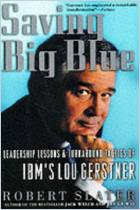
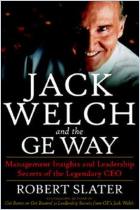
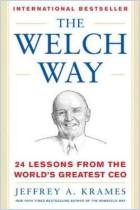
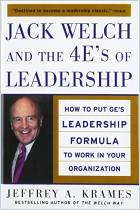

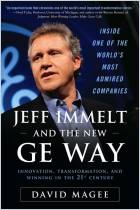
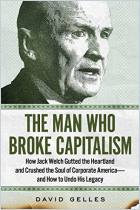
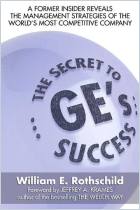





Comment on this summary or Start Discussion